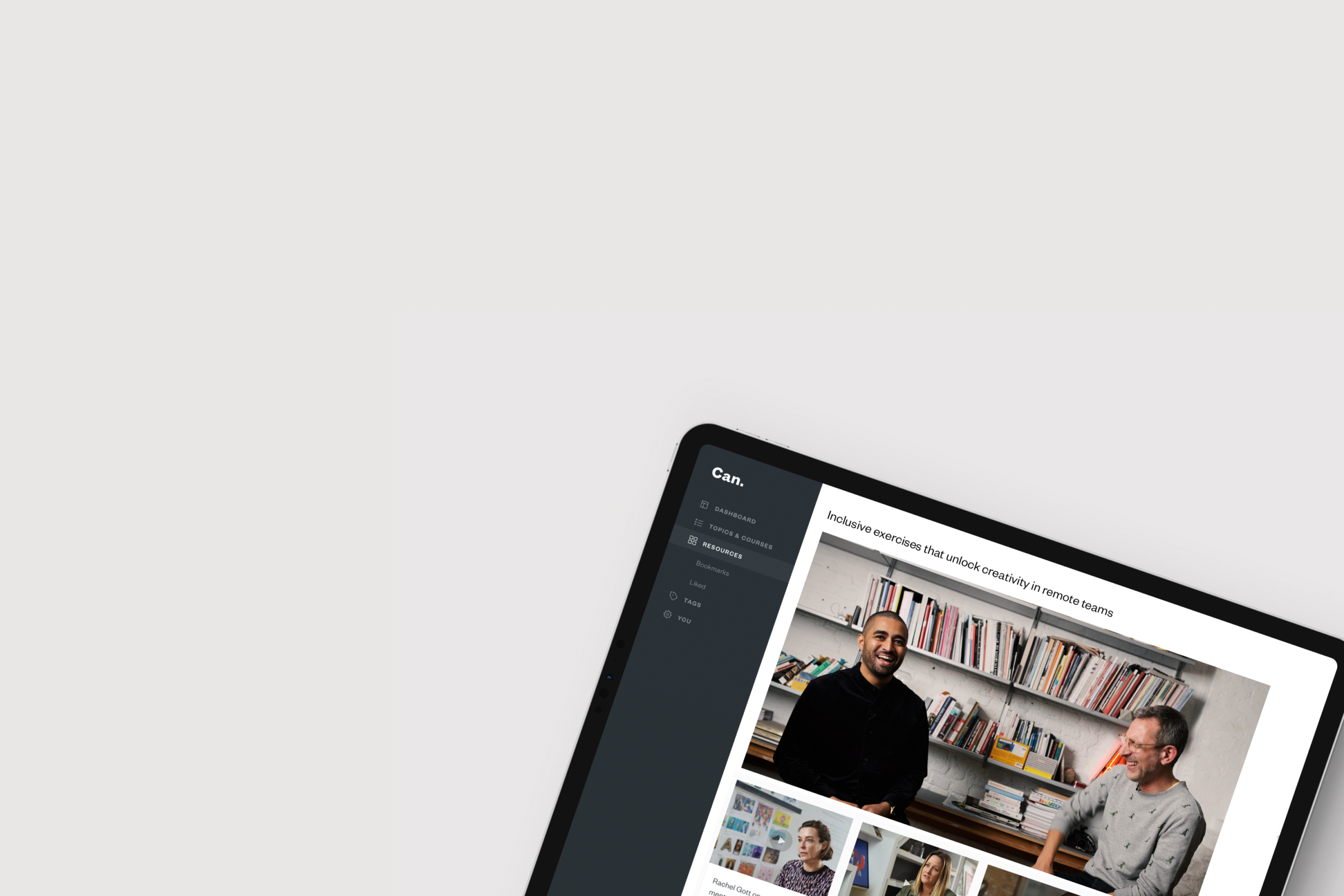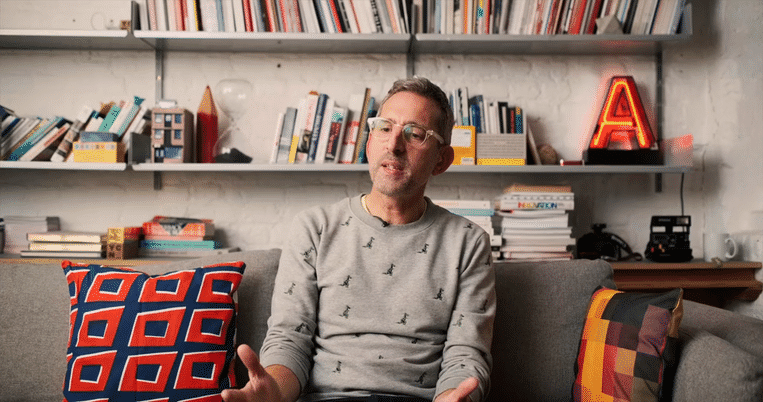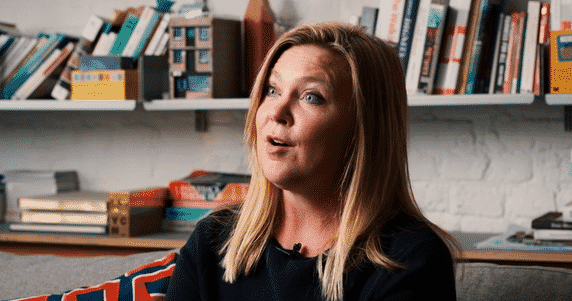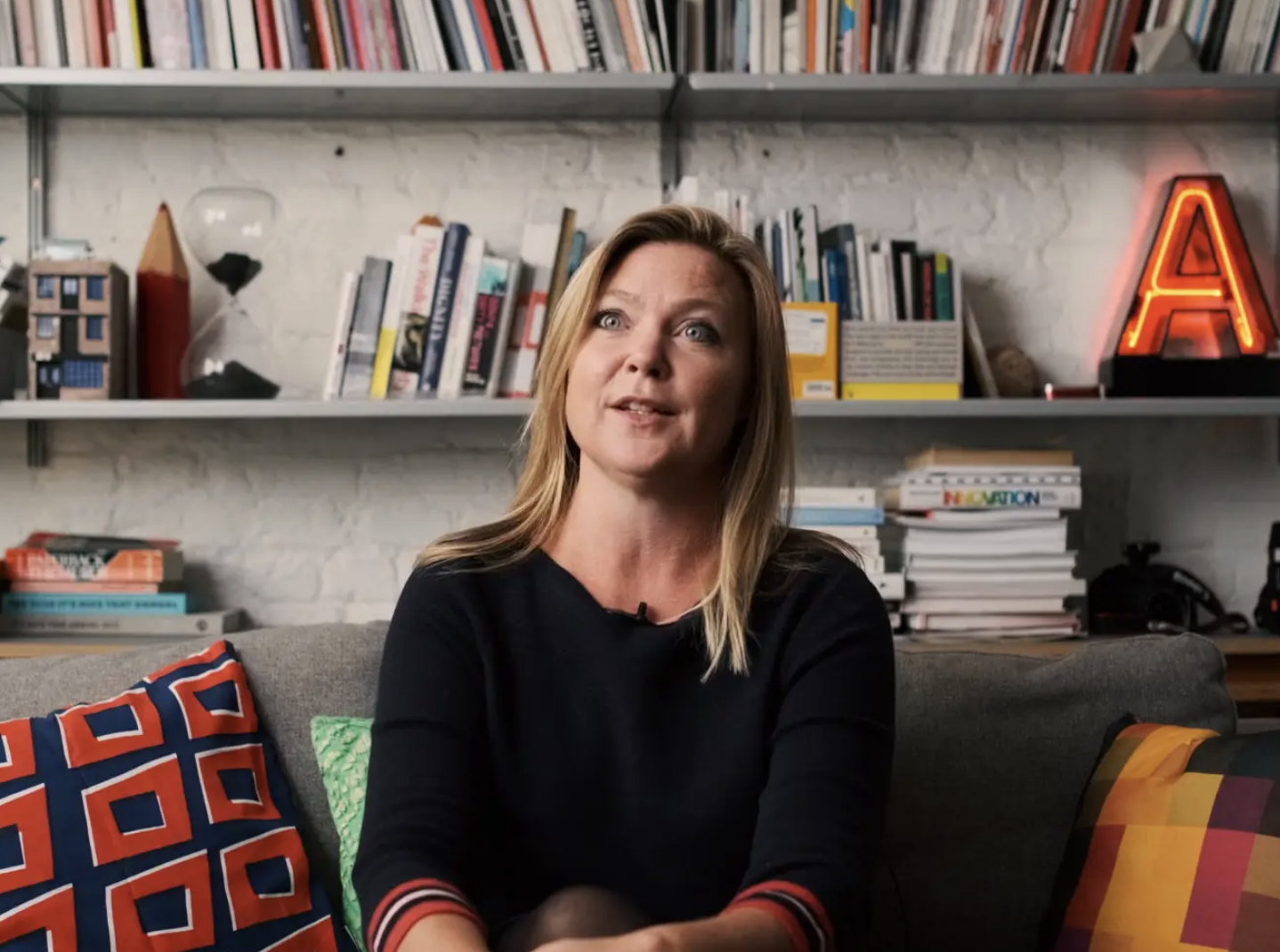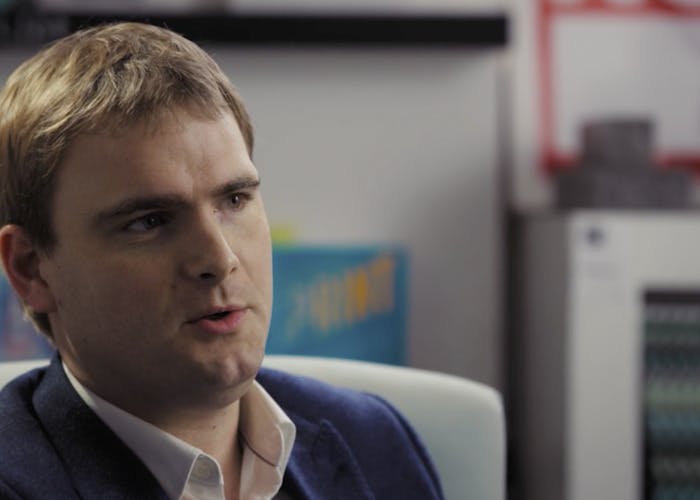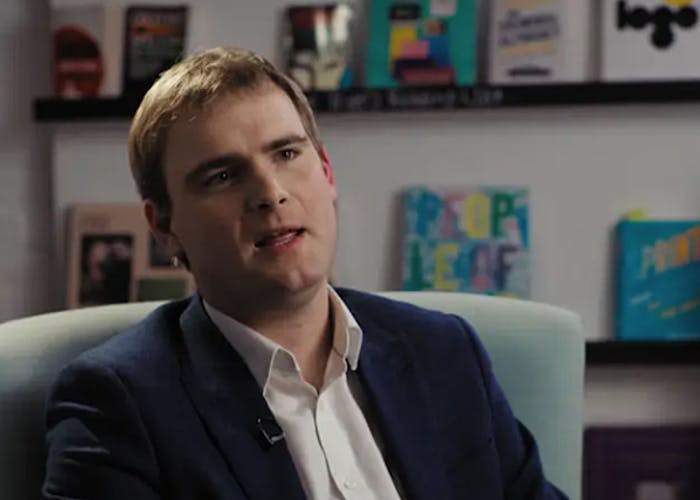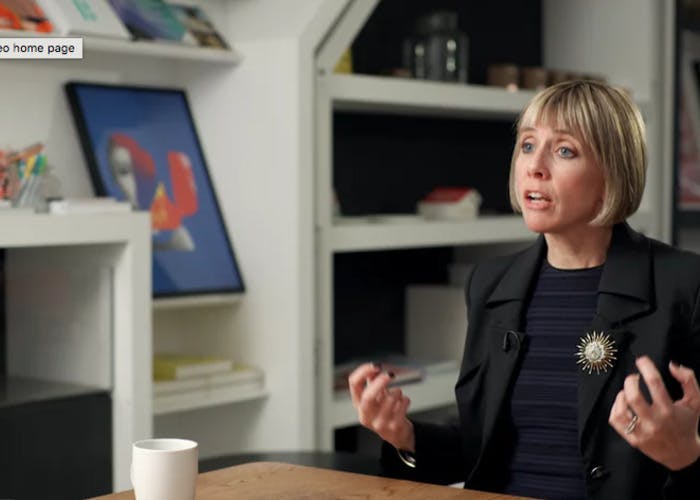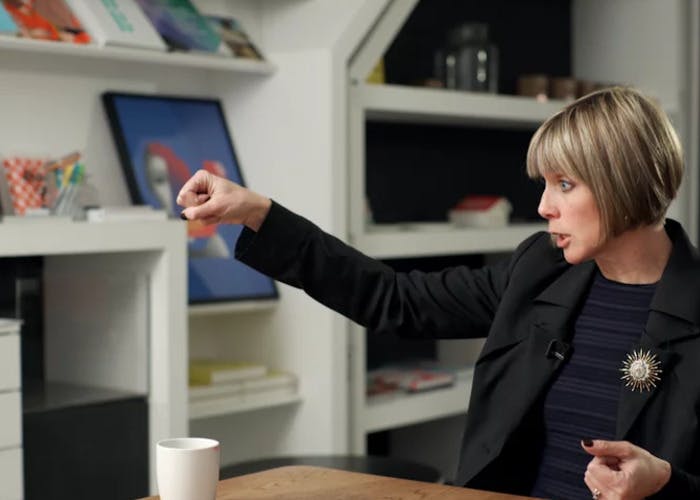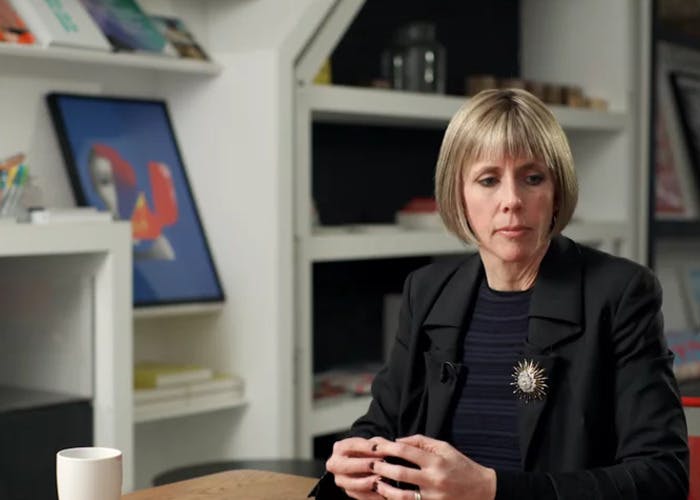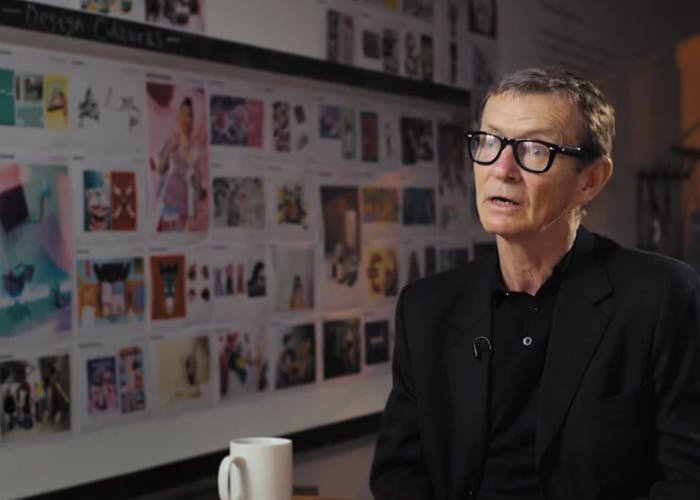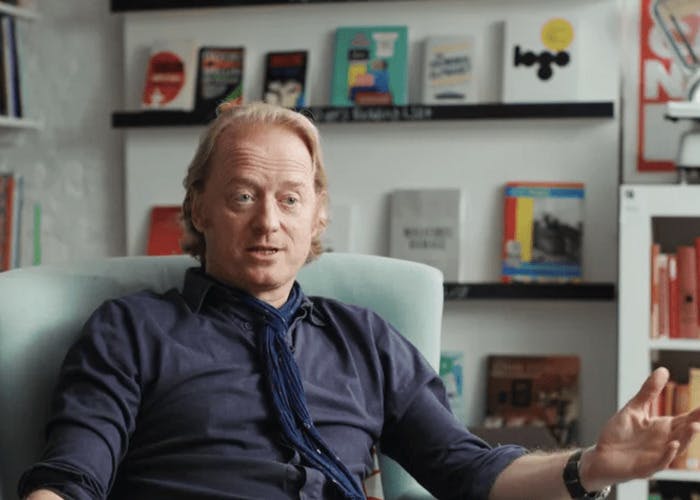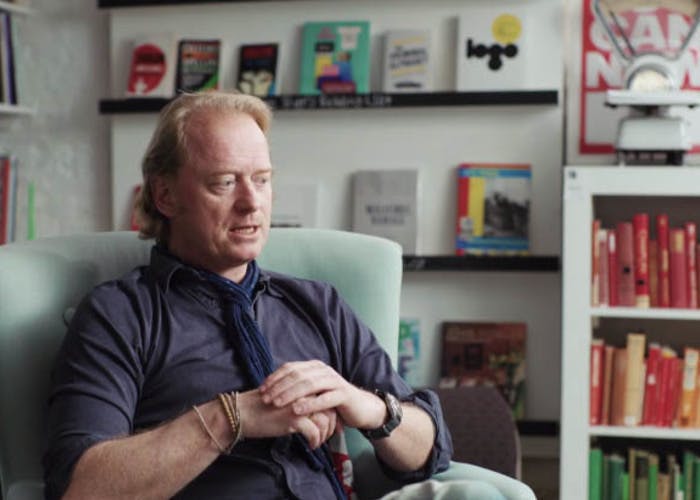Resource Pack
Neurodiversity know-how. ADHD with Dr. Anne Cockayne
Neurodiversity know-how. ADHD
In a nutshell:
Attention Deficit Hyperactivity Disorder (ADHD) is a neurodivergent condition characterised by behaviours such as impulsivity, hyperactivity, and difficulty with attention and focus.
People with an ADHD diagnosis may often have trouble with time management, organisation, and completing tasks. Hyper-focus is another characteristic of ADHD, which can be both a challenge and a strength.
Challenges that can come with ADHD
Strengths that can come with ADHD
🤔 Reflection question:
Where might these strengths be useful in your team right now?
Neuroinclusion, ADHD and being proactive
To support colleagues with ADHD, strategies that can be implemented at work include:
• Creating a structured and predictable work environment.
• Creating a clear visual plan for the week, including recognition of when the day ends. ADHD can lead to hyper-focus, and it’s important that colleagues (especially those working from home) don’t keep going into the evening.
• Having an open conversation around there are opportunities for ADHD strengths to be played to.
• Breaking tasks into smaller manageable chunks, and having an open conversation about how to ‘timebox’ around key tasks and responsibilities.
• Encouraging the use of the latest assistive technology, such as apps for time management and finding focus and flow.
• Providing training for colleagues on ADHD awareness as part of a broader focus on neurodiversity.
As with all neurodivergent conditions, it’s important to remember that each person is unique and may have different needs, and support requirements. Open communication is key for finding out what specific accommodations and support they may require, and what’s helped (or hindered) in past roles.
Collaborate with Anne, and others
Here you'll find regular live sessions, led by Dr. Anne Cockayne — offering a chance to dig more deeply into neurodivergent conditions, and to identify opportunities for greater neuroinclusion at work.

















